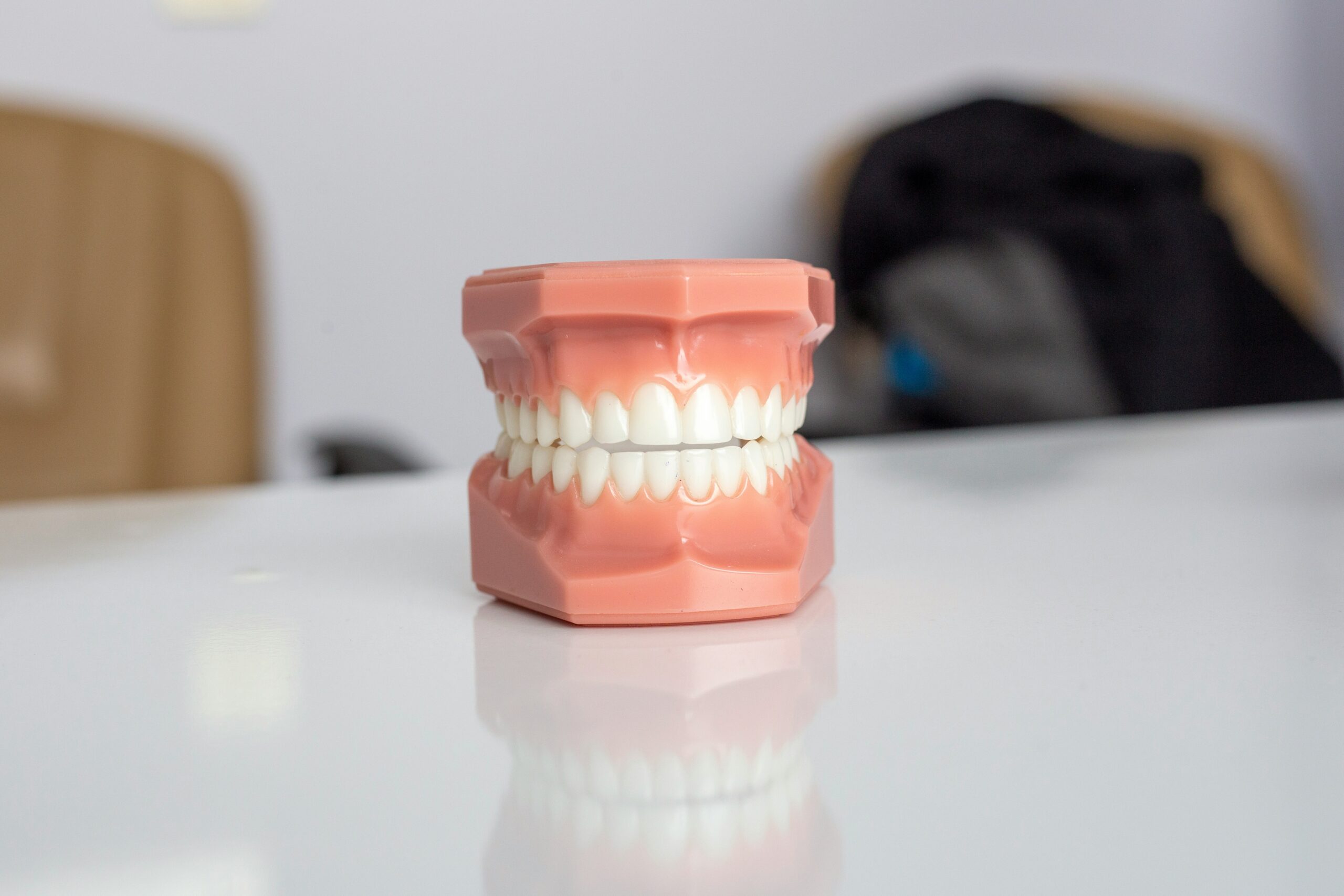
You sleep 7–8 hours, drink your coffee, try to eat decently… and you’re still dragging through the day. Or you have a mid-day crash around 2-4 p.m. Sound familiar?
Fatigue is one of the most common complaints in the wellness space, and one of the most misunderstood. It’s not just about sleep. Your body is always speaking to you and dropping signs for you to pick up on. Your hormones, minerals, and even your nervous system might be waving red flags. It’s good to be in tune with your body for that reason.
Let’s break down 9 real, root-cause reasons you might be feeling constantly tired, and how to begin supporting your energy from the inside out.
Related Post Chinese Organ Clock: How to Support Your Body’s Organs Hour by Hour1. Blood Sugar Rollercoasters
Even if you’re not diabetic, blood sugar instability is a huge hidden energy thief. Healing your blood sugar will solve a TON of your health issues.
- Big spikes from sugary coffee, snacks, or carb-heavy meals lead to big crashes.
- Symptoms: mid-day fatigue, brain fog, hanger, shakiness, and irritability.
- *If you get shaky as a prerequisite to hunger, that’s a guaranteed sign your blood sugar needs regulation.
What helps: Pair carbs with protein and fat. Start your day with balanced meals and not just caffeine.
2. Adrendal Fatigue (aka HPA Axis Dysregulation)
The HPA axis, short for hypothalamic-pituitary-adrenal axis, is your body’s central stress response system that helps regulate energy, mood, digestion, and sleep. When your circadian rhythm is disrupted by inconsistent sleep, excessive screen time at night, or lack of natural light during the day, it can throw off the signals the HPA axis relies on. Over time, this leads to cortisol imbalances, making you feel groggy in the morning and restless at night. Supporting consistent sleep and getting morning sunlight are simple ways to help rebalance this system.
Prolonged mental, emotional, or physical stress can further overwhelm this system.
- Early stages: wired but tired
- Later stages: can’t get out of bed, burned out, sensitive to noise/light, anxiety
What helps:
Nervous system regulation (meditation, breathwork, walking), getting sun within the first 30 minutes of waking up, adaptogenic herbs like ashwagandha or holy basil, and caffeine reduction.
3. Mineral Deficiencies
You need minerals like magnesium, potassium, sodium, and iron for energy production. If you’re low, your mitochondria (the energy factories of your cells) literally can’t function properly.
Common culprits:
- Overfiltered water
- Sweating without replenishment
- Low intake of mineral-rich foods
What helps:
Remineralized water (add sea salt), herbal infusions like nettles or dandelion, and mineral-rich foods (dark leafy greens, avocado, bone broth). Even electrolyte drinks or powders can help supplement your diet in a pinch.
4. Poor Sleep Quality (Not Just Hours Slept)
If you’re sleeping but still waking up groggy, look at your sleep quality.
- Blue light exposure, cortisol spikes at night, or high histamine levels can mess with deep rest.
What helps:
Turn off screens 1 hour before bed, sip chamomile or lemon balm tea, and try magnesium glycinate for deeper sleep.
5. Undereating or Chronic Dieting
Undereating, or eating without proper nutrients, forces your body into survival mode.
- Your metabolism slows down.
- Your body conserves energy.
- You feel tired, foggy, cold, and irritable.
What helps:
Eat enough. Fuel regularly. Prioritize whole foods with protein, fat, fiber, and minerals.
6. Hormonal Imbalance
Fatigue often flares during PMS, postpartum, perimenopause, or if your thyroid is off.
- Low estrogen, low progesterone, or thyroid dysfunction can all drag your energy down.
What helps:
Cycle syncing, herbal support (chasteberry, maca, raspberry leaf tea), and hormone-friendly nourishment. Consider your iodine levels and supplementing it! It was a game-changer for me! Also, be sure your electrolyte and mineral levels are balanced!
7. Overstimulation and Nervous System Dysregulation
Your body wasn’t built for constant screens, alerts, noise, multitasking, and cortisol spikes.
Even if you’re sitting all day, your brain is tired.
What helps:
Go outside. Ground barefoot. Try nervous system resets like deep breathing, vagus nerve activation, or tea rituals. Get some sun. Enjoy physical activity. Even a walk for 30 minutes a day helps reset you.
8. Low Iron or B12
These are essential for oxygen transport and cellular energy.
- Deficiencies = fatigue, dizziness, shortness of breath, pale skin
What helps:
If you’re plant-based or menstruate heavily, ask your doctor to test your iron and B12 levels. Consider iron-rich teas (like nettle) or supplements if needed. Eating beef liver is a cheat code here.
9. Hidden Inflammation or Gut Issues
Inflammation (especially in the gut) drains energy as your immune system works overtime.
- Leaky gut, food sensitivities, or microbiome imbalances all play a role.
What helps:
Anti-inflammatory diet, herbal gut support (slippery elm, marshmallow root, peppermint), and possibly cutting out common irritants (like gluten or processed seed oils).
Fatigue Isn’t Laziness, It’s a Signal
If you’re tired all the time, your body is asking for support not caffeine or energy drinks.
Start with one or two shifts: maybe swap your second coffee for a mineral-rich tea. Or eat a blood sugar-balanced breakfast for one week straight. Small changes lead to big healing.

6 Best High Protein Snacks (Simple, Easy, & Yum)
The best high protein snacks include jerky, eggs, dairy, cheese, and nuts when paired properly for fullness and steady energy.

The 2 p.m. Slump Is Not Normal, Here’s How to Beat the Afternoon Slump for Real
If you crash every afternoon, your body is asking for support, not more caffeine. Here’s how to beat the afternoon slump naturally with simple daily shifts.

How to Heal Early Tooth Decay and Remineralize Naturally
I spent a year intentionally balancing my minerals, nourishing my body, and practicing natural oral care to successfully remineralize my teeth naturally and heal early decay.




